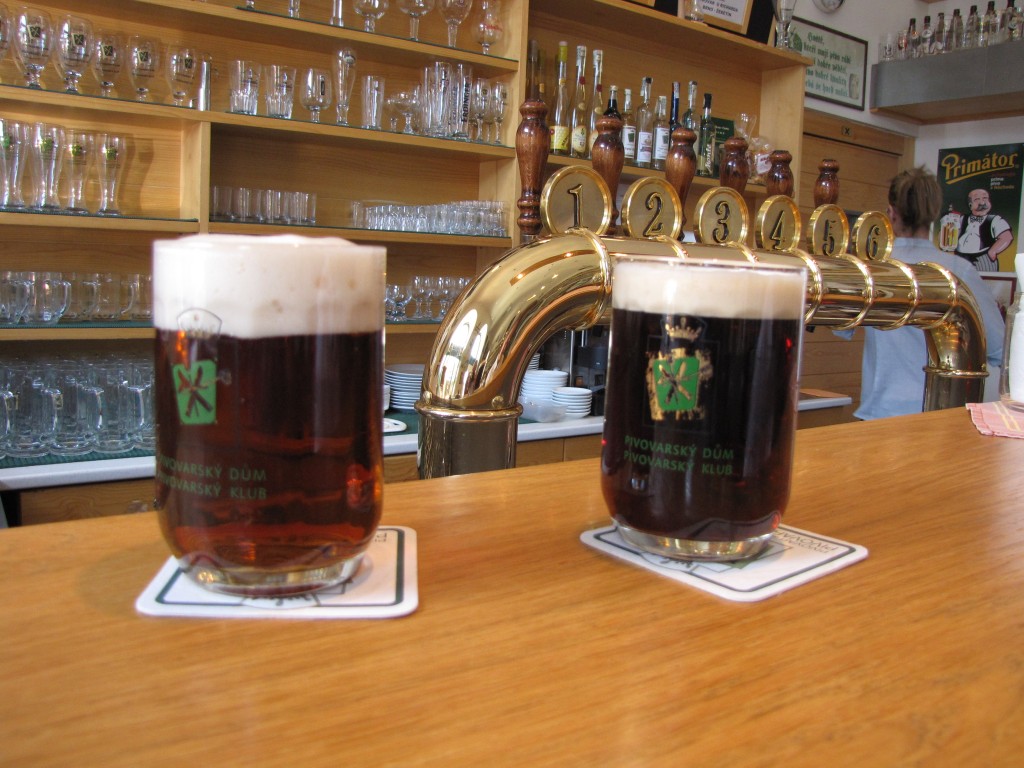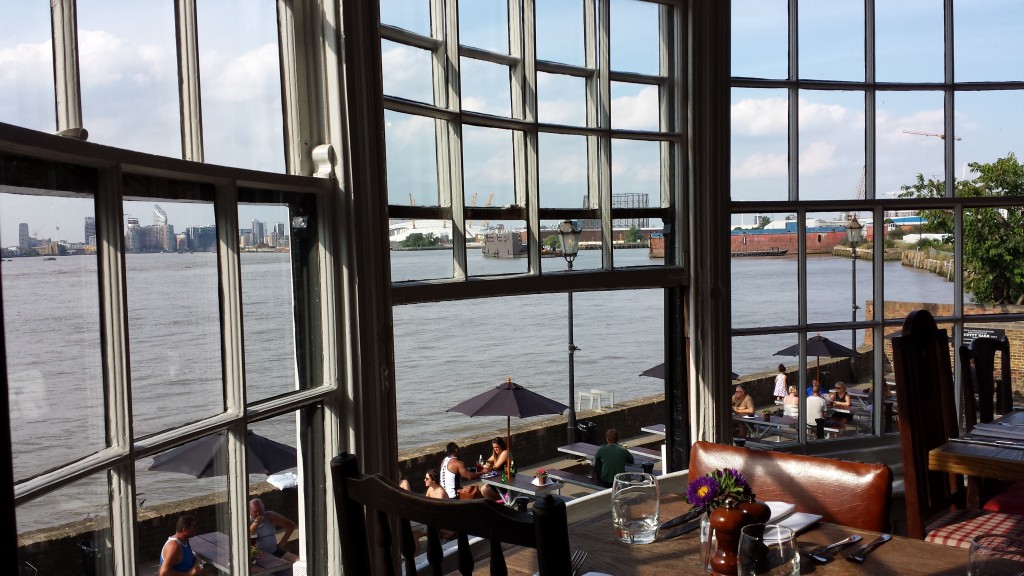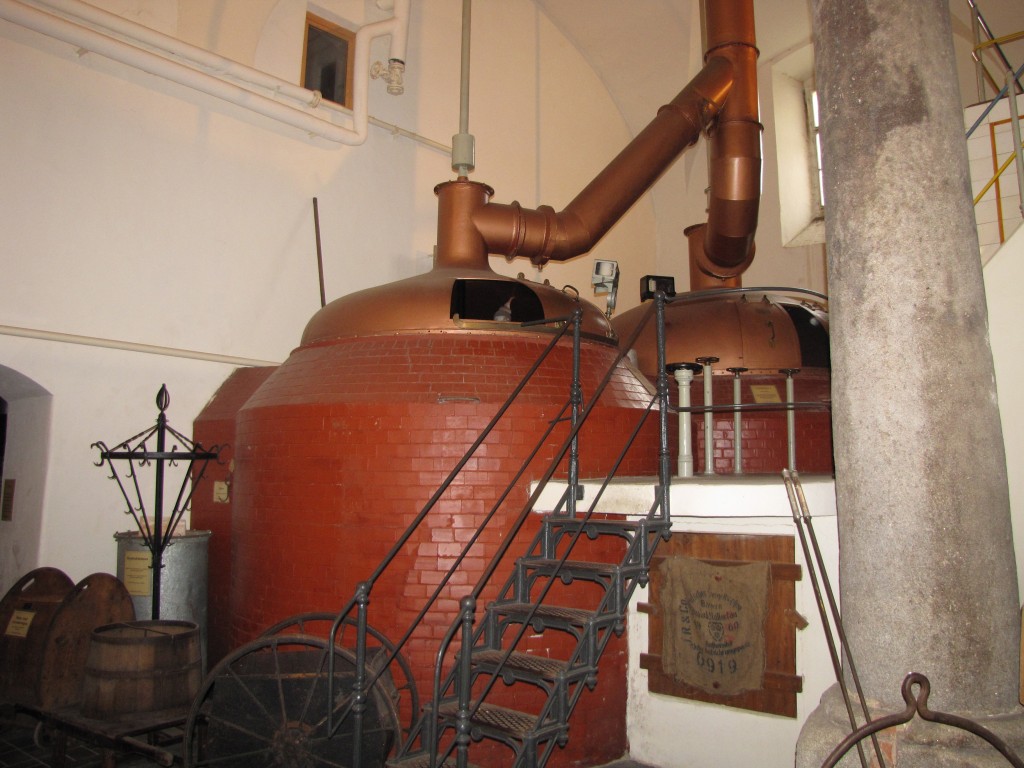January 11, 2016. Munich, at last, is dipping its toes in the brewing waters of the 21st century beer revolution. The Tap-House Munich, near Rosenheimer Platz (S Bahn on the way to Ostbahnhof), offers 40 beers on tap and more in bottles. Multi tap bars flourish in Hamburg, Berlin and other cities as well. However, brewing in Germany still has to dance around the restrictions of the Reinheitsgebot, the beer “purity” law of 1516.
For years, Munich and other cities sported beer bars called “Haus der 439 Beers”—with the actual number often reaching 99 or 100—but these places usually featured major brands and contract beers that sounded better than they tasted. The range of styles was tiny and the age of the bottles of these best-when-fresh brews varied greatly.
In 1987 the European Court struck down the Reinheitsgebot as a restraint of trade, which it certainly was, for better or worse. Today, craft beers of all sorts are pouring into Germany. German start-up brewers, and a few traditional breweries are doing what they can to meet the competition.
Germany still applies the Reinheitsgebot, with a few modifications to beer brewed in Germany. It’s particularly limiting to lagers—ever noticed you’ve never seen a German lager made with wheat? Ales have fewer restrictions, but a brewer still has to apply for a special exemption for any adjunct ingredients.* Even with these restrictions, however, some brewers are producing very nice pale ales and other styles unheard of in Germany until recently. Startups such as Camba share tap space with traditional breweries such as Augsburg’s Riegele at Munich’s Tap House. Riegele, which a generation ago only brewed conventional, albeit good, German styles, now offers a fine IPA that reflects a generous use of American hops.
Terminology is a problem in describing German’s beer scene, however. “Craft Beer” in the U.S. and most of Europe usually refers to relatively small breweries turning out small batches of beer. Yet “craft” replaced the term “micro” because some of the best American brewers sped past one after another of the size limits designed to separate them from mass market brewers of flavorless fizz. Today no one successfully argues that Sierra Nevada, with an annual production of over a million barrels and breweries in North Carolina and California, has ceased to be a craft brewery. If size doesn’t matter, then surely Munich’s Augustiner Brewery, which scrupulously follows a Reinheitsgebot no longer required by law and serves much of its beer from the wood, is a craft brewery and has been for eons.
We applaud Germany’s cautious first steps in joining the world craft beer revolution, and we happily spend a night or two at Tap-House Munich when we visit the city. Tap-House, however, is a style of bar you can find pretty easily in Philadelphia, Denver, London, Rome, or Copenhagen. For us, the best craft experience in Munich is still an evening “unter den Linden” at one of Augustiner’s massive beer gardens.
Next posts:
- January 14, 2016 Hops Return to the East
- January 18, 2016, Brewdog Breeds Bars and Breweries Worldwide
*for more on the Reinheitsgebot, see the German Institute’s article here.



Leave a Reply